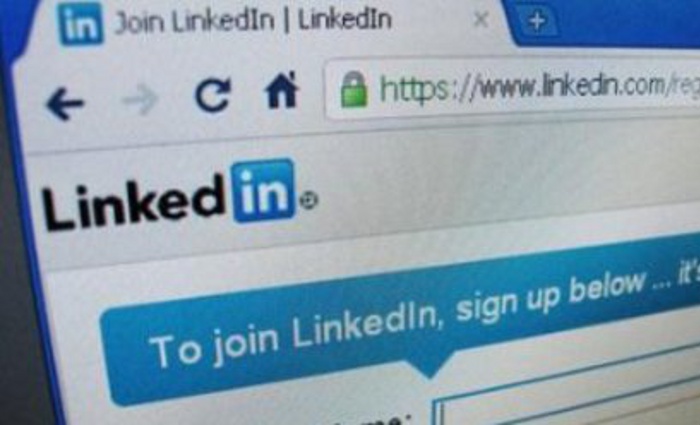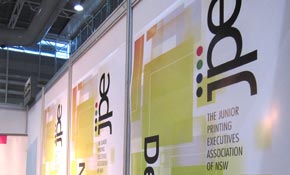
Here's what your fellow professionals from our LinkedIn group had to say in May.
Should the buyer of an insolvent company accept responsibility for its debts?
By definition, if it is insolvent, it is broke and the balance sheet is in negative territory. The ability to purchase from the wreckage is only as useful as the value of particular assets. Debts are not assets so by default you wouldn't buy them. The job of the liquidator is to assess the value of the balance sheet as a whole, and if the goodwill, brand name and other assets are of significant value, then there may well be sufficient cash realised to repay debt. No lawyer in their right mind would allow their client to actually contract to have the debts assigned to them – who knows what debts or other liabilities (read legal actions) might emerge from the mess? It is a different story where a shareholder or primary driver of a liquidated company is involved. In those circumstances, the debt should follow the principals relentlessly. As an aside, the situation with the break-up of a multi-site company such as Geon and Blue Star needs very careful consideration. There may well be valid reasons why a particular site should be exempt from the general thrust of my comment. [Click here to comment]
Kieran May, director, Printing Industries Association of Australia
What is your break-even point for digital vs offset?
It would be great to answer this with a simple 1000 digital A3 sheets equals 500 offset A2 sheets, but our break-even point of digital vs. offset is sometimes a moving target. Sure on straight sheetfed work we can analyse where we see the crossover, but with the technology of digital presses offering quality similar to offset, it becomes very blurred. We have solid processes in place to ensure we are reviewing where this crossover point takes place at all times. We invested in digital printing technology years ago with a 'cost-per-click' mentality, and this works for the 'walk-in' business model, but we focus on the outcome and what solution we can provide. We quickly learnt that our digital presses offered greater flexibility which challenged us to review how we market our service offerings. The digital press was not just another piece of machinery, it became an integral part of our workflow. So where does that leave us? Continual reviews of the market; innovation, offerings and continual reviews of the processes: efficiency and cost. Remove the word digital out of the conversation and the need to discuss 'break-even' lessens each and every day. [Click here to comment]
Damien Burchell, chief executive, Bowden Group
Do you charge extra for additional pre-press services and file-fixing?
Depending on the work required, the client should be charged for extra services. One of the problems with printers going broke is not charging a fair price for fair work. Printers are being screwed and going in at ridiculous prices. I think it is a race to see who goes broke first! Value-added services are one thing but if you have good relations with your clients then why would you not charge? [Click here to comment]
Allen Walker, national sales manager, Pegasus Print Group
Are you optimistic about the next 12 months?
Makes me wonder if the bottom might fall out of the online trend. It wouldn't take much. People still like print media as well as online options. I am hoping it will level out but the trend now is definitely to online media. This year has been worse than the GFC year. But things turning upwards for us now too. Work smarter and harder, guys! And stay positive. [Click here to comment]
Kathie Comb, owner, The Bushland Shire Telegraph
What are the positives and negatives of doing business overseas?
I believe it does the print industry nothing but harm. You are creating something you do not want in this great country of ours and that is 'dumping'. Sooner or later the print industry will approach the government and say, 'please, please no more, overseas is killing us with their cheap, cheap prices, you have to put a stop on this'. Being out on the road, I hear time and time again about the errors being made. My mind tells me that all these errors cost, so why didn't you use our expertise in Australia? The simple answer is greed. Get the print back to our shores and support this great industry. [Click here to comment]
Daz Quinn, sales rep, Precision Forme Cutting
Are you finding that an increasing number of printers now outsource all their work?
Yes we outsource a lot of our work so we don't have to invest in machinery for what is outsourced and it allows us to concentrate on what we do best. Almost like a print broker I suppose, but we tend to use the same suppliers and have a good relationship with them. [Click here to comment]
George Feakes, owner, Impressive Inkreations
What bargains have you found at machinery auctions?
I still have Diamond Press' fridge in my kitchen. Best bargain though was when I decked out my entire office in desks and chairs from Merritt Madden for $120. [Click here to comment]
Baden Kirgan, managing director, Jeffries Printing Services
I'm optimistic about the future of print because…
Video didn't end up killing the radio star! Print media has clearly been and will continue to be affected by the new-age media 'instant' communications. How many of us grab a cookbook to come up with a recipe or instead go to Google and type in 'puttanesca' (my Italian favourite)? But we all, including my Gen Y kids, still buy cookbooks. Long live print! [Click here to comment]
Brad Salsbury, owner, Salsbury Production
Have you ever been approached to sell your business?
If you were approached to sell your business, what is the best way to identify the current market value for the intangibles – like client satisfaction and retention? [Click here to comment]
Peter Holland, account manager, Diversified Computing & Consulting
[Related: What your fellow professionals said in April]
Comment below to have your say on this story.
If you have a news story or tip-off, get in touch at editorial@sprinter.com.au.
Sign up to the Sprinter newsletter


